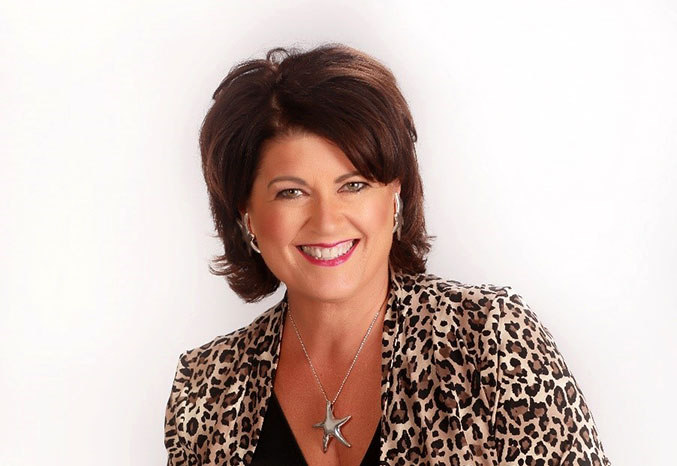Her thoughts on serving vs. selling and meeting people where they are
Jill Blashack Strahan, Tastefully Simple Founder & CEO, is a top female entrepreneur and inspiration to countless people across the nation. In 1995 Strahan launched Tastefully Simple offering high-quality, easy-to-prepare foods in a 1,200 square-foot shed with no running water. From packing orders on a pool table, to being a $143 million company within 13 years, to 11 years of declining sales, Strahan learned priceless business and life lessons. Recognized as an exceptional CEO, she has earned numerous awards for her achievements and unique philosophies. She published a book about her journey—Simply Shine: Stories That Stirred the Fire.
This content is restricted to site members. If you are an existing user, please log in. New users may register below.


